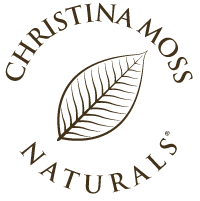I used to think that apricots were only good for snacking, but when I started researching natural beauty ingredients I learned that this little fruit has much more to offer. With a little work apricot seeds can be made into an oil with incredible benefits for the skin and hair. Apricot Seed Oil is lightweight, has a beautiful fragrance, and is rich in nutrients that your body just loves. I never hesitate when I find a space for it in my products. Here’s why:
Category: Christina Moss Naturals
Fragrances
I’d like to take a minute to pay respect to a part of the body that’s often overlooked: your nose. Scientists estimate that the nose can distinguish between over 1 trillion different odors, making it the most sensitive organ in the body, by far. Scent and memory are strongly combined, so with a single sniff, your nose can transport you to some of the best times in your life. Your sense of smell is truly amazing.
So why abuse it with artificial fragrances?
Grapeseed Oil
Parabens
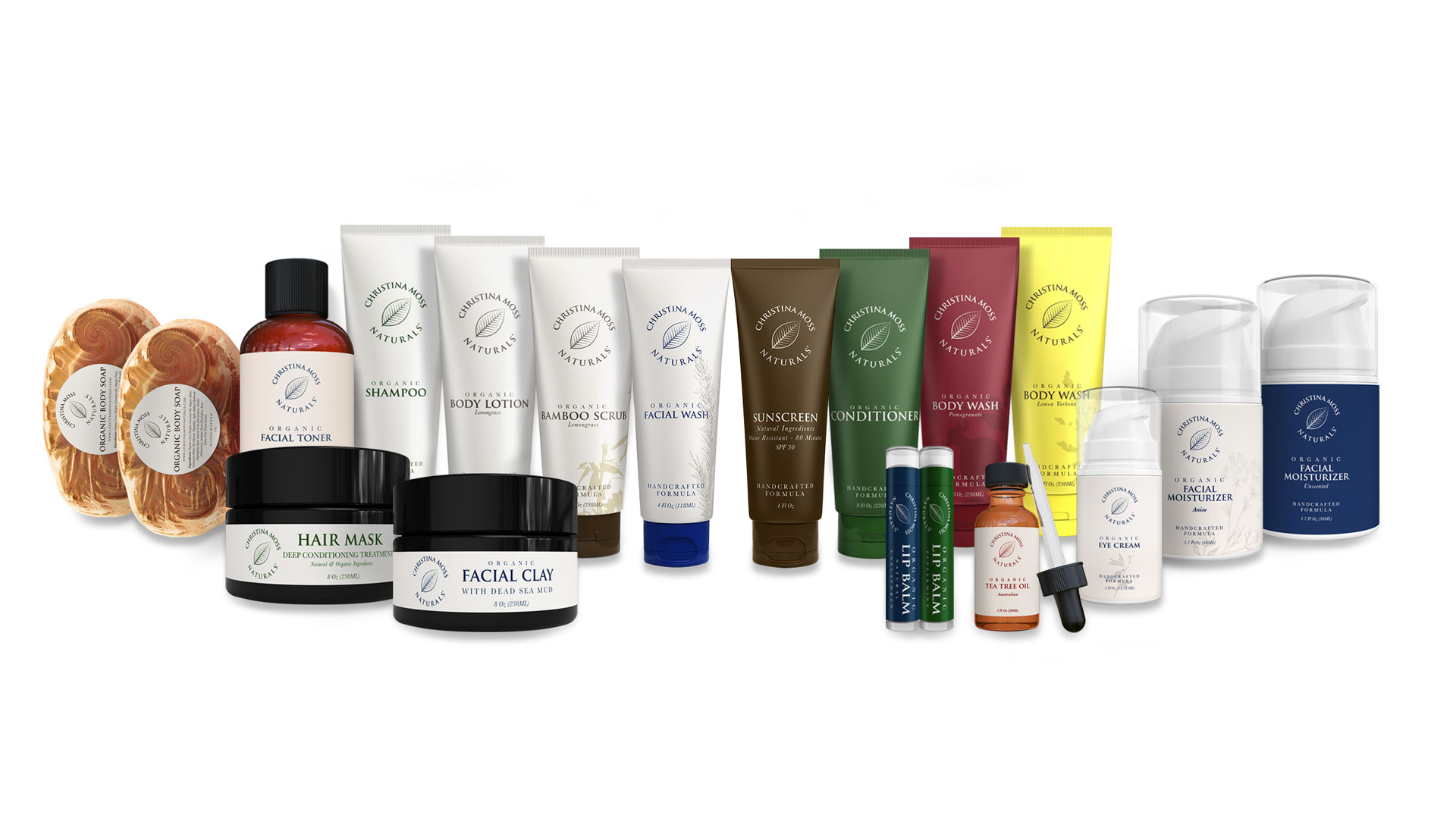
What You Need to Know About Parabens
Take a look at any list of dangerous ingredients to watch out for in personal care products and you will see parabens near the top… with good reason. Commonly used to prevent bacteria growth, parabens are virtually everywhere and are associated with a number of very troubling side effects. I do not let them anywhere near my products, and here is why:
What Are Parabens?
Parabens are a type of preservative. Manufacturers include them in their products to stop the growth of bacteria, mold, fungus, and other things you definitely do not want in your lotion. There is nothing wrong with preservatives in hair and skincare products in theory, but there are a few problems with parabens, in particular.
For example, parabens are not water-soluble and can penetrate your skin.
And there is evidence that the body cannot metabolize these chemicals, which means they build up in your system over time and with repeated exposure.
Where Can You Find Parabens?
To put it bluntly: just about everywhere. Parabens are extremely common in conventional personal care products, including soaps, shampoos, conditioners, facial cleansers, makeup, shaving gels, moisturizers, lotions and more. Look out for products that contain any of the following ingredients: ethylparaben, butylparaben, isobutylparaben, isopropylparaben, methylparaben or propylparaben.
Why Parabens Are a Problem
If you spend much time researching parabens, you will run into a study that found five different parabens in the breast tumors of 19 out of the 20 women studied. That really scares me. While it is not enough evidence to conclusively prove that parabens cause breast cancer, it absolutely shows that the body does not break down these chemicals.
Think about all the personal care products you and the average person use over a day, a month, a year and a lifetime. That’s a lot of parabens.
This exposure becomes even scarier when you consider parabens’ ability to mimic estrogen. Studies have found that parabens bind to estrogen receptors, disrupting the body’s ability to produce this hormone. Estrogen disruption is linked to reproductive issues and breast cancer. Hence, even if parabens don’t cause breast cancer directly, they can help create an environment that is friendly to it.
Some research sources are quick to point out that small concentrations of parabens are considered safe. If you only used a single product that contained these chemicals, maybe that would be okay. But we can easily encounter dozens of paraben-laced products in our daily lives, and that exposure builds up over a lifetime.
No wonder the EU recently banned this ingredient.
Paraben Alternatives
Parabens might be common, but that does not mean they are inescapable. As information about their dangers spreads, more and more products are going paraben-free. That is a good thing. However, just because a bottle of lotion has a “paraben-free” sticker on it does not mean it is free of other problematic ingredients.
Do your due diligence when considering a new conventional personal care item… or stick to natural products and skip the junk altogether.
Research into parabens is ongoing, but I have heard enough to know they are not something I want in my body or my products. Keep your eye out for these preservatives – your body will thank you.
– Christina Moss
What Are Your Thoughts on “What You Need to Know about Parabens”?
Why I Love Castor Bean Oil PLUS How to Make Your Own Feet Softening Butter
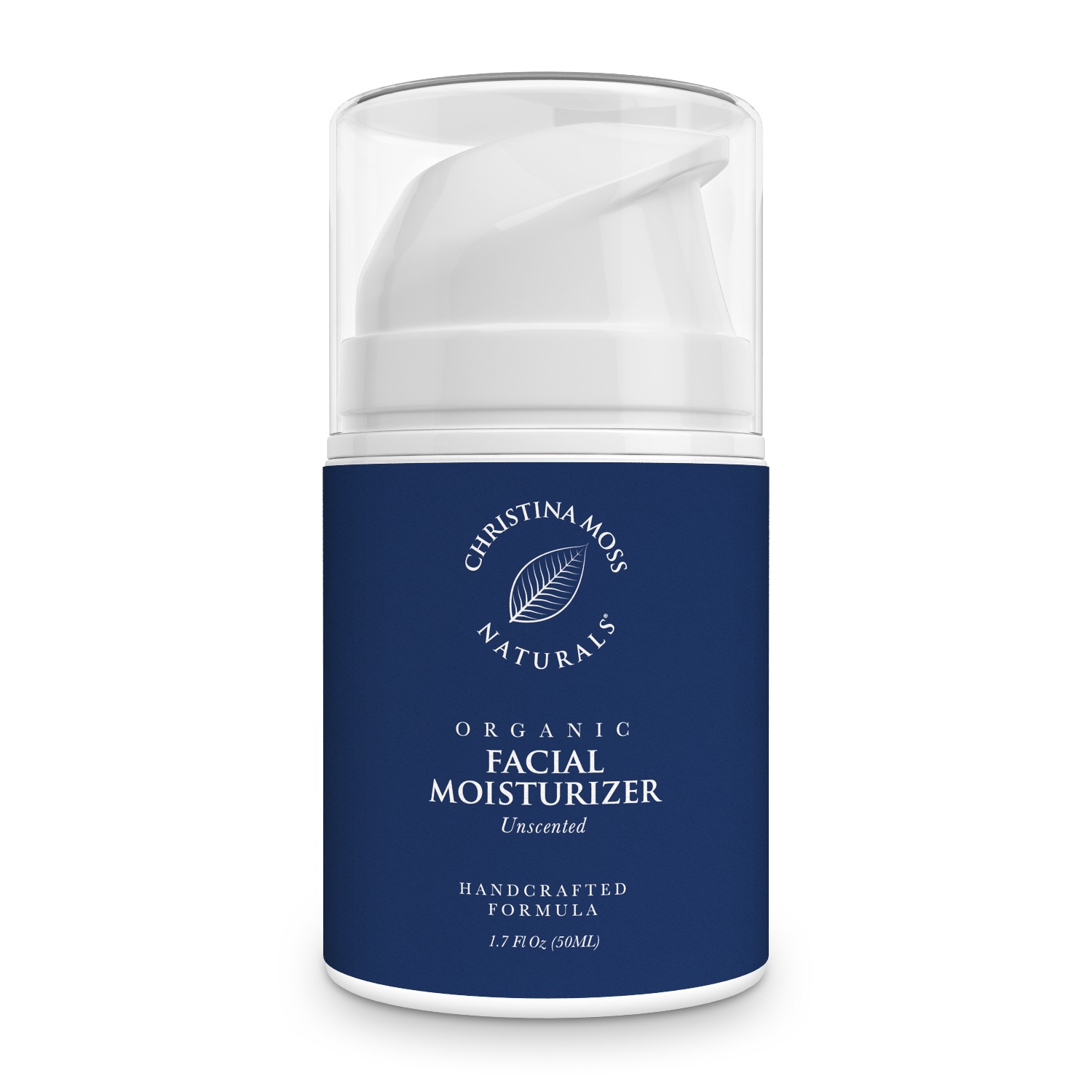
Many of us can remember an older relative or friend who swore by castor oil. While its use isn’t as popular today as it once was, this unique oil still possesses some amazing qualities that make it perfect for healing your skin, nourishing your hair, and supporting your body’s systems. Here are a few of my favorite uses for organic castor bean oil: (try them and you’ll love this oil as much as I do.)
Continue reading Why I Love Castor Bean Oil PLUS How to Make Your Own Feet Softening Butter
5 Reasons Why I Love Beeswax (and Why You Should Love it Too!)
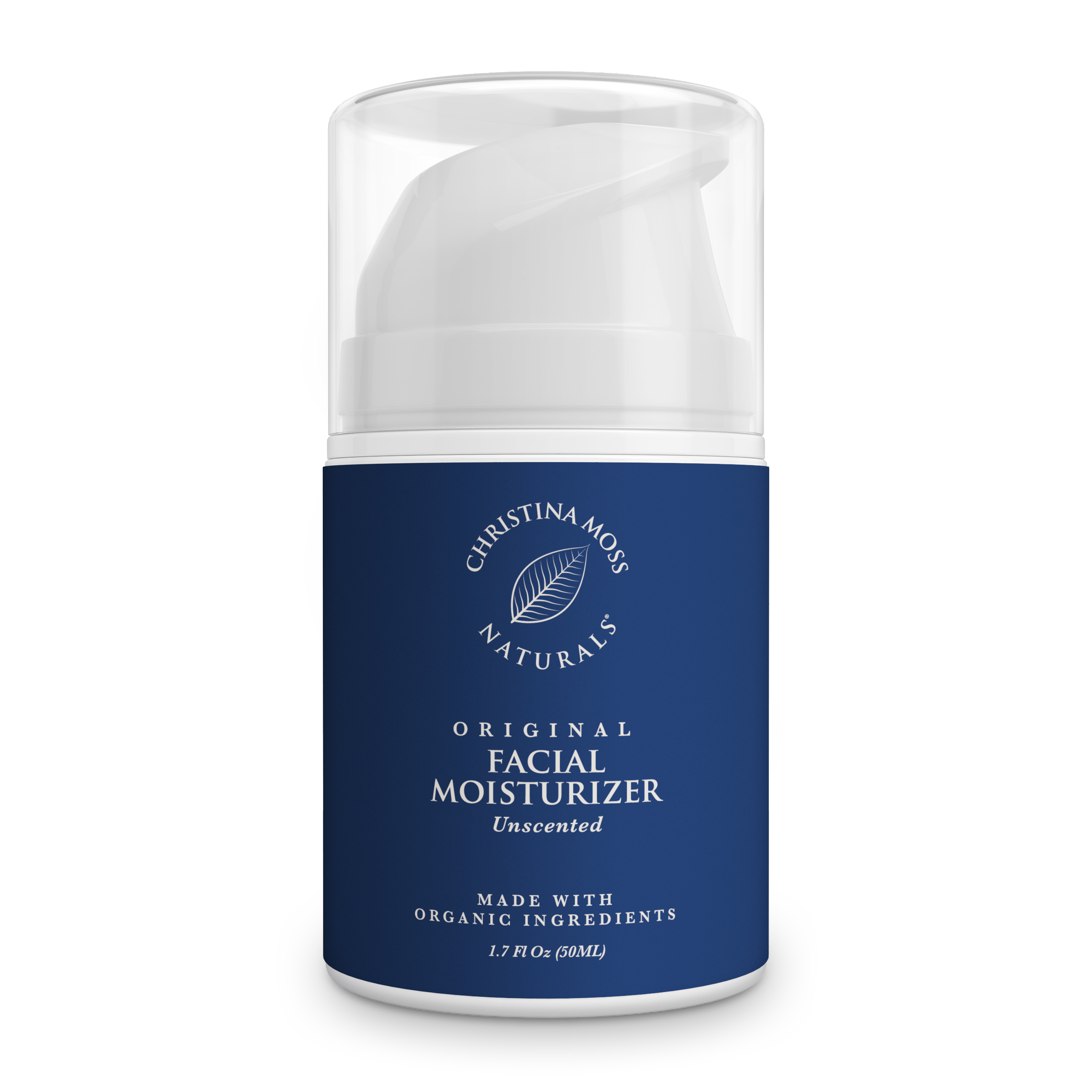
When you think of bees, you may think of honey. I know I do, especially when I’m enjoying a cup of tea. However, that’s just the beginning of what these amazing insects give us. Look a little closer and you’ll find beeswax. Not to “wax” poetic, but this amazing natural ingredient is bursting with benefits for the skin. Keep reading to find out what all the “buzz” is about. (No more bee puns, I promise!)
Continue reading 5 Reasons Why I Love Beeswax (and Why You Should Love it Too!)
The Facts About Sodium Lauryl Sulfate
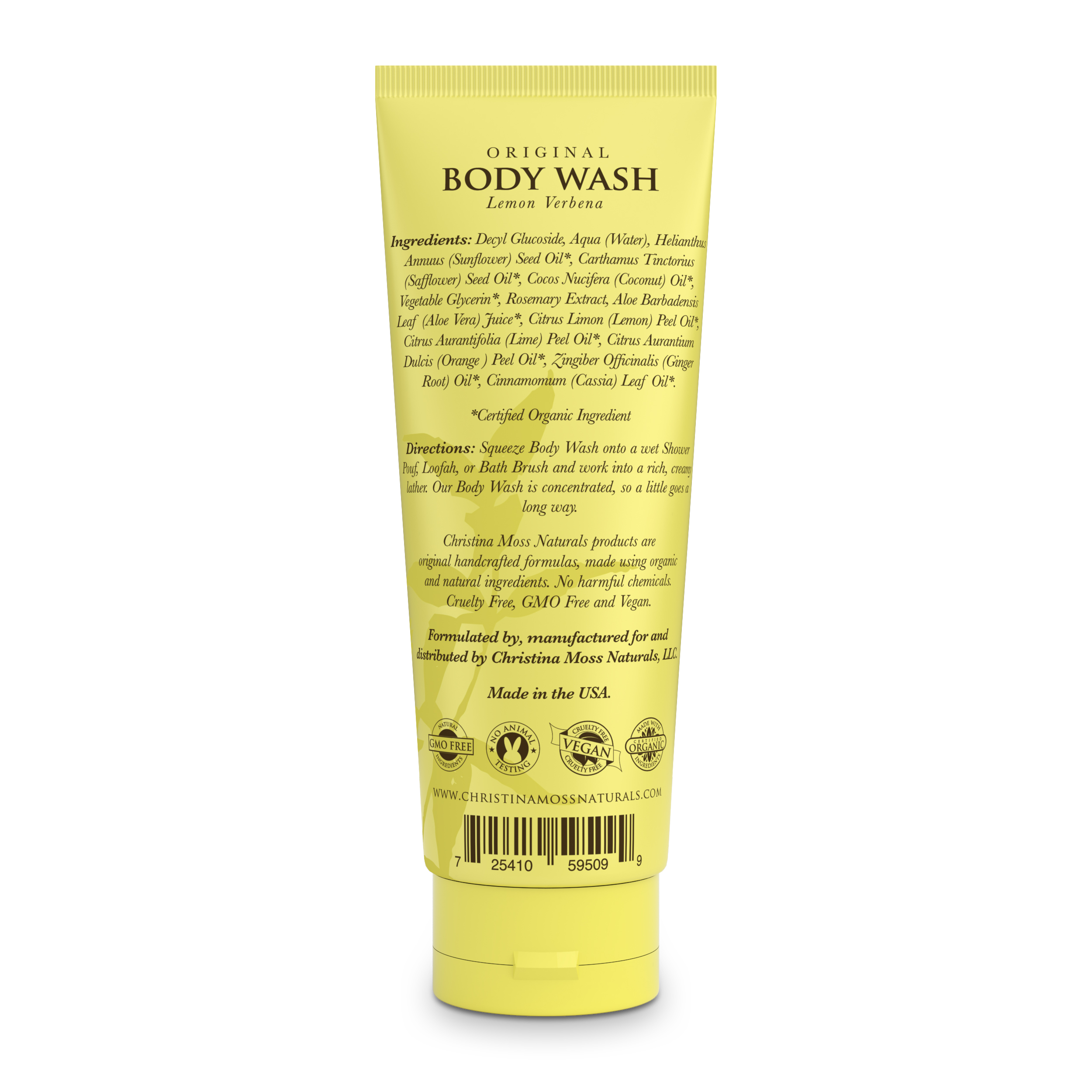
Here’s a pop quiz: what do industrial cleaning agents, engine degreasers, and the bottle of conventional shampoo in your shower have in common? Answer: they all contain sodium lauryl sulfate.
Sodium lauryl sulfate (SLS) is incredibly common in personal care items, but don’t let that make you think it’s safe: it’s also connected with some incredibly troublesome health issues. I never use SLS in any of my products, and it doesn’t take much to explain why.
